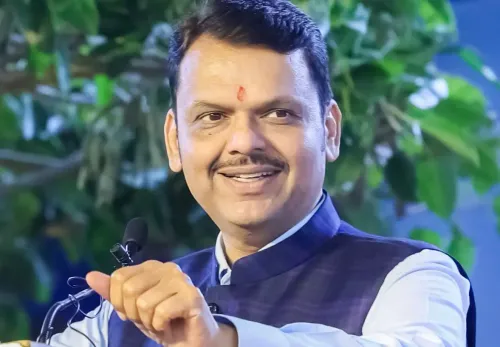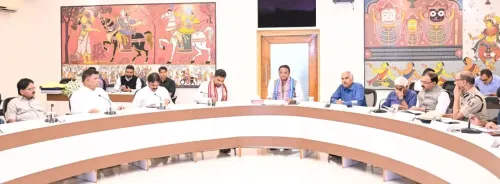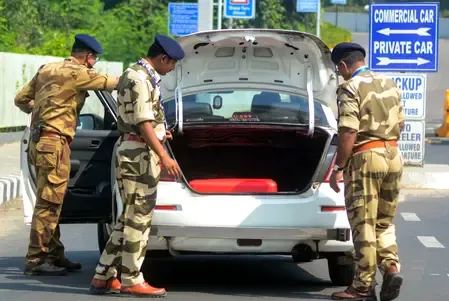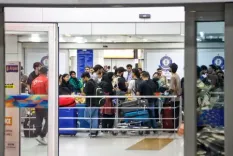Why Was Former Bengal Minister Partha Chatterjee Released from Judicial Custody?
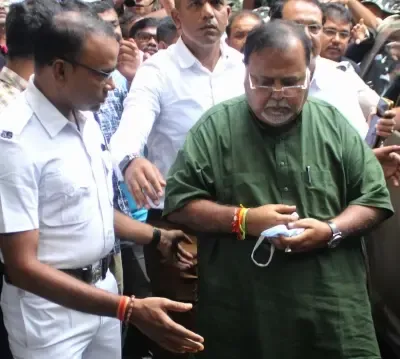
Synopsis
Key Takeaways
- Partha Chatterjee has been released after over three years in custody.
- The Enforcement Directorate arrested him for alleged corruption.
- Supporters celebrated his release outside the hospital.
- The Supreme Court set conditions for his bail release.
- Ongoing trial will determine his future and implications for West Bengal politics.
Kolkata, Nov 11 (NationPress) Former West Bengal Education Minister Partha Chatterjee was released from judicial custody on Tuesday, marking the end of over three years since his arrest by the Enforcement Directorate (ED) related to the West Bengal School Service Commission (WBSSC) recruitment corruption scandal.
Due to various health complications, Chatterjee had been receiving treatment at a private hospital located in the Mukundapur region of the city. He was finally discharged in the afternoon after the Special CBI Court issued a release order along with the necessary bail documentation.
Upon his release, Chatterjee was visibly emotional, transported in a wheelchair to his awaiting vehicle. A large crowd of his supporters gathered outside the hospital, celebrating his release with slogans of “Partha Chatterjee zindabad” as his vehicle departed. Many of his followers expressed tears of joy.
After leaving the hospital, Chatterjee returned to his residence in the Naktala area of South Kolkata. The Special CBI Court had ordered his release from judicial custody the previous day, during which Chatterjee participated virtually from the hospital.
His time in custody spanned three years, three months, and 18 days, predominantly spent in the hospital for medical care following his arrest by the ED in July 2022 for alleged involvement in the extensive SSC teacher recruitment fraud.
On the day of his arrest, the ED uncovered ₹20 crore in cash at the residence of Arpita Mukherjee, a close associate of Chatterjee, who was also apprehended in connection with the same case. Additionally, the central investigative agency seized crucial documents linked to 12 properties associated with his close associates and paperwork related to the hiring of Group-D staff in educational institutions.
This September, the Calcutta High Court granted bail to Chatterjee, who had been in custody of both the ED and CBI before transitioning to judicial custody. However, his immediate release was delayed due to a Supreme Court directive stating that he could only be released after the trial court completed its witness examination within two months.
The apex court mandated that charges under the Prevention of Corruption Act be established within four weeks, and witness statements recorded within two months. The final bail was contingent upon the completion of the initial phase of testimony by November 14.
Subsequently, the CBI Special Court commenced the trial process by framing charges in the case, deciding to take testimony from eight proposed witnesses. The testimony of the eighth witness concluded on Monday, leading to the issuance of Chatterjee's release order by the Special CBI Court in Kolkata's Alipore.

